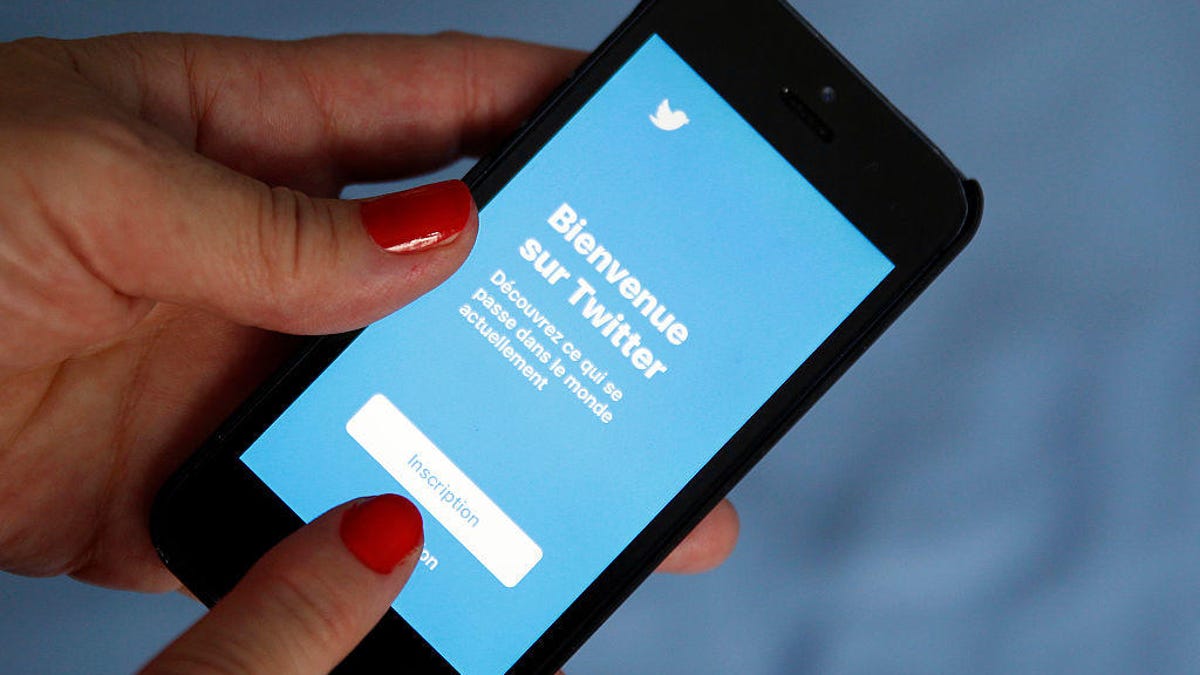Twitter changes policy to accommodate voter registration campaign ads
France nearly couldn't encourage voter registration on Twitter because of the country's own fake-news laws.

France's own fake-news rules almost prevented the government from posting ads on Twitter encouraging people to vote.
According to a French law introduced last year, political adverts can be posted on social media only if they're clearly labeled with the details of who paid for them. Twitter had no way of implementing this, so the company initially decided to issue a blanket ban preventing the government from posting its ads on the platform.
Fortunately for France, the social network later decided to backtrack and allow the #OuiJeVote (#YesIvote) ads, which were designed to encourage French citizens to register to vote in the upcoming European Parliament elections.
"We wanted to make this clarification because we will continue to promote and protect the integrity of conversations around #EUelections2019 the next few months," Twitter said Thursday in a post on its official French account.
Promouvoir et protéger l'intégrité des #EUelections2019 est au cœur de notre mission pour les prochains mois. Il s'agit notamment d'encourager la participation des électeurs. 1/3
— Twitter France (@TwitterFrance) April 4, 2019
Twitter made the decision after meeting with the French government. Ministers welcomed the move.
"The issue of the withdrawal of terrorist and hateful content remains," Minister for the Interior Christophe Castaner said on Twitter. "Let's continue to dialogue and work together for the benefit of all," added Culture Minister Franck Riester.
Over the past few years France has taken an increasingly strong stance on regulating big tech companies, introducing its own digital tax ahead of the wider EU and bringing many Silicon Valley bosses, including Mark Zuckerberg, to Paris to establish itself as a leader in the tech world.

